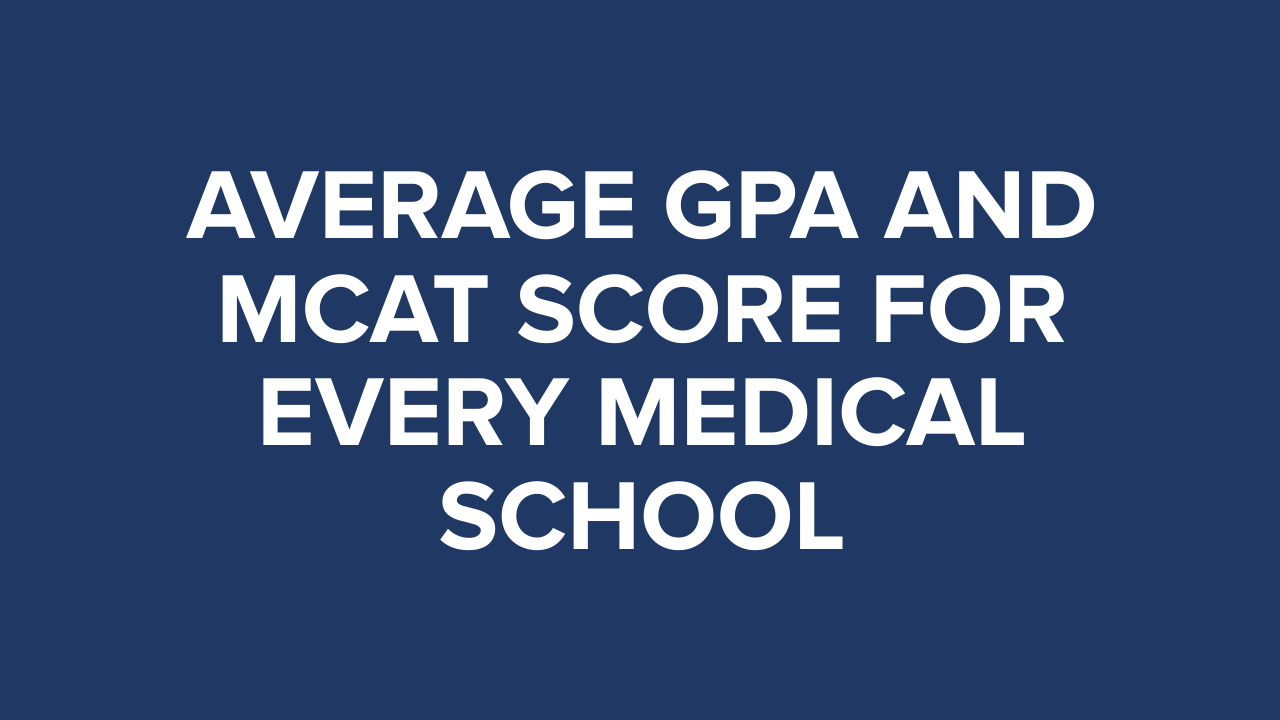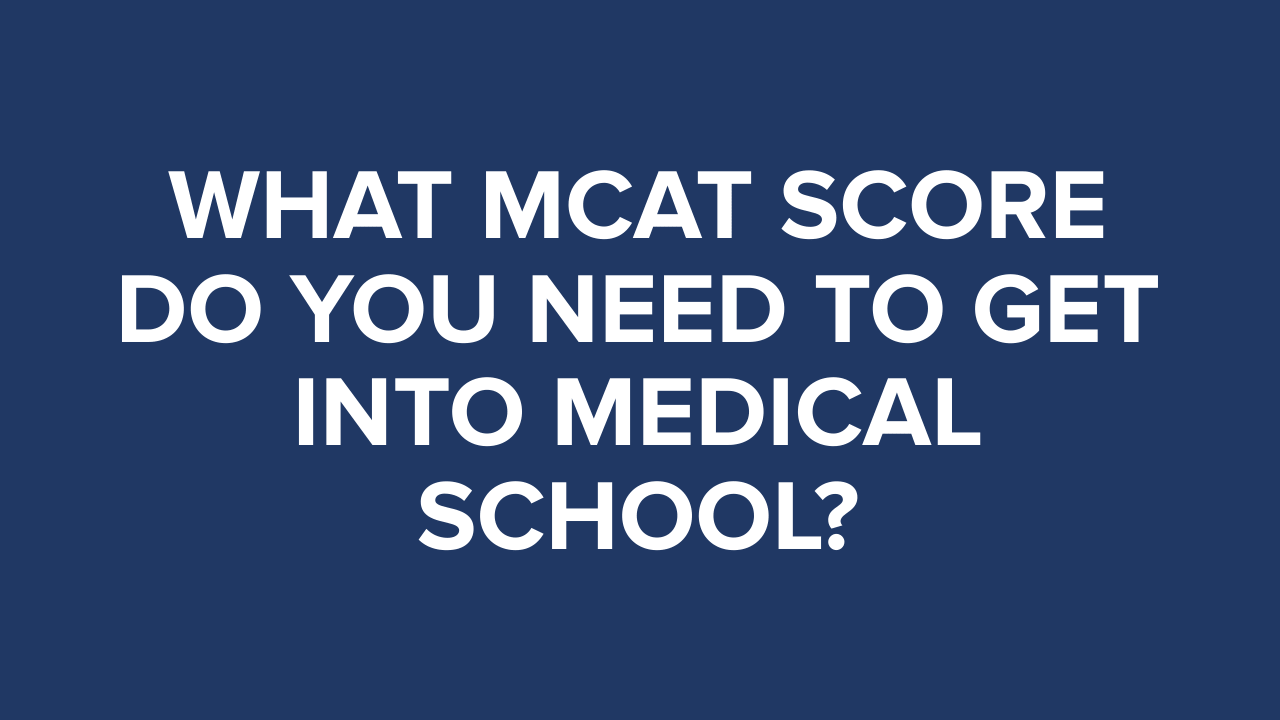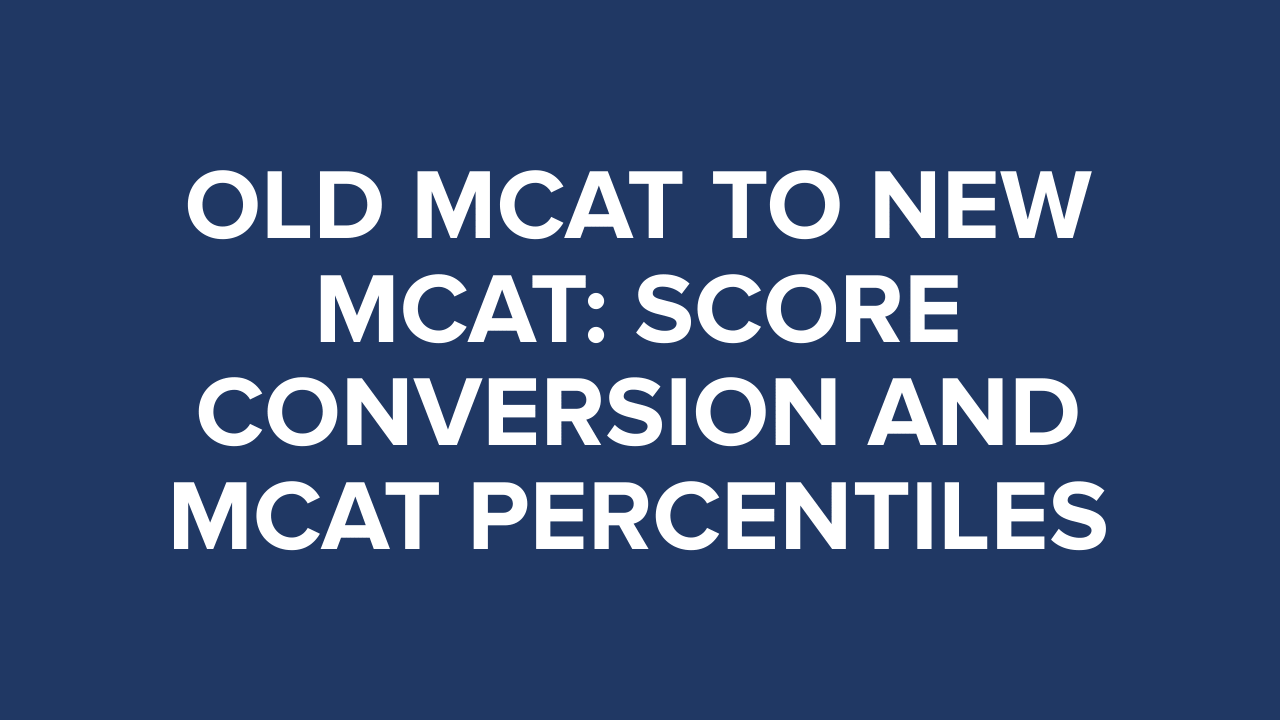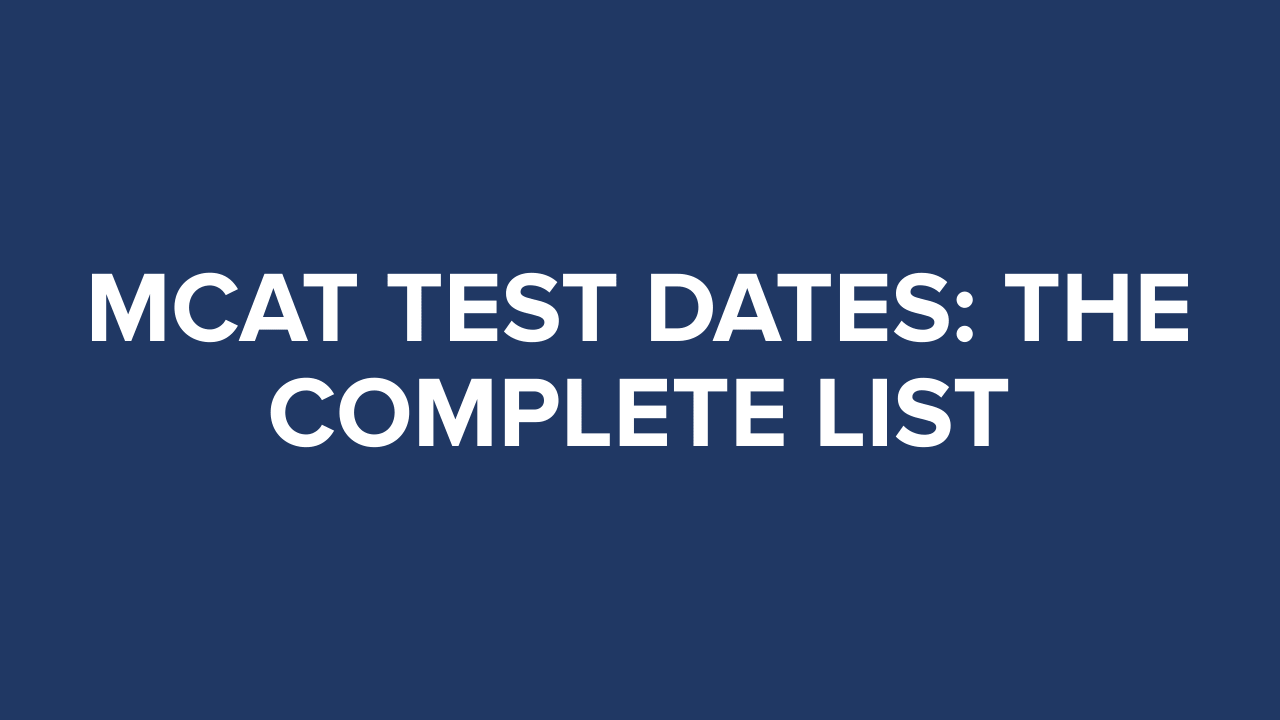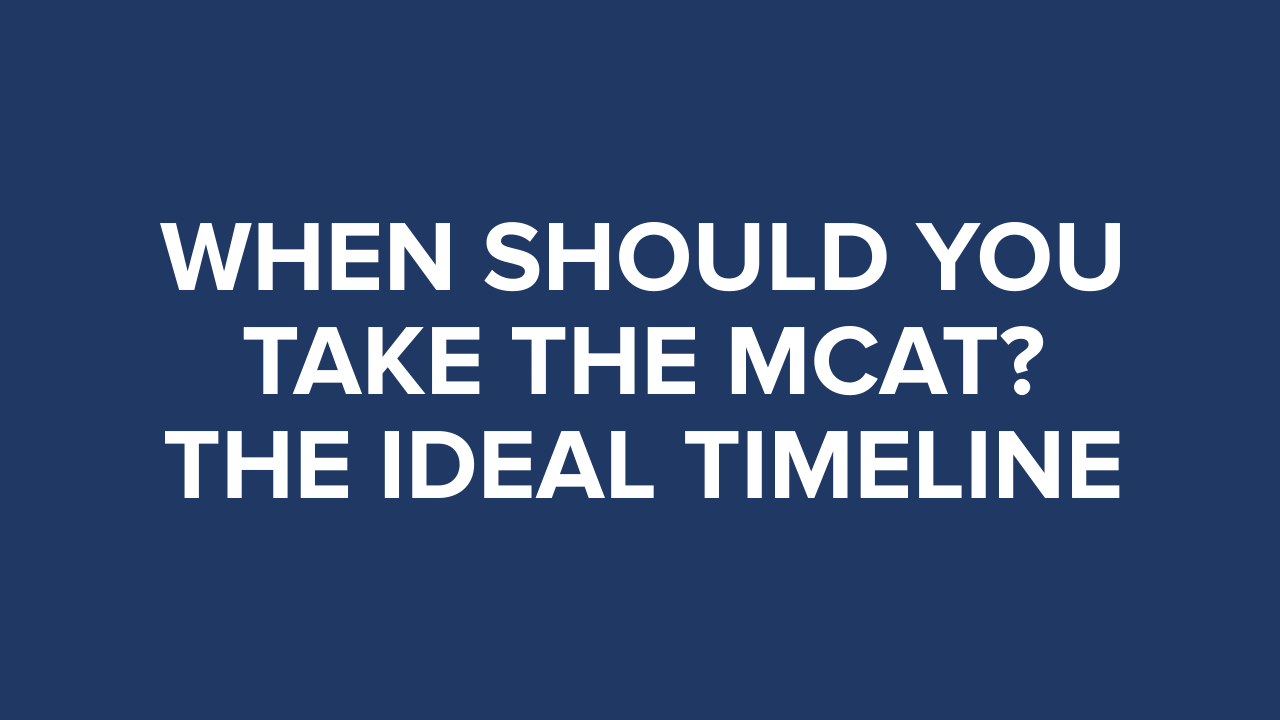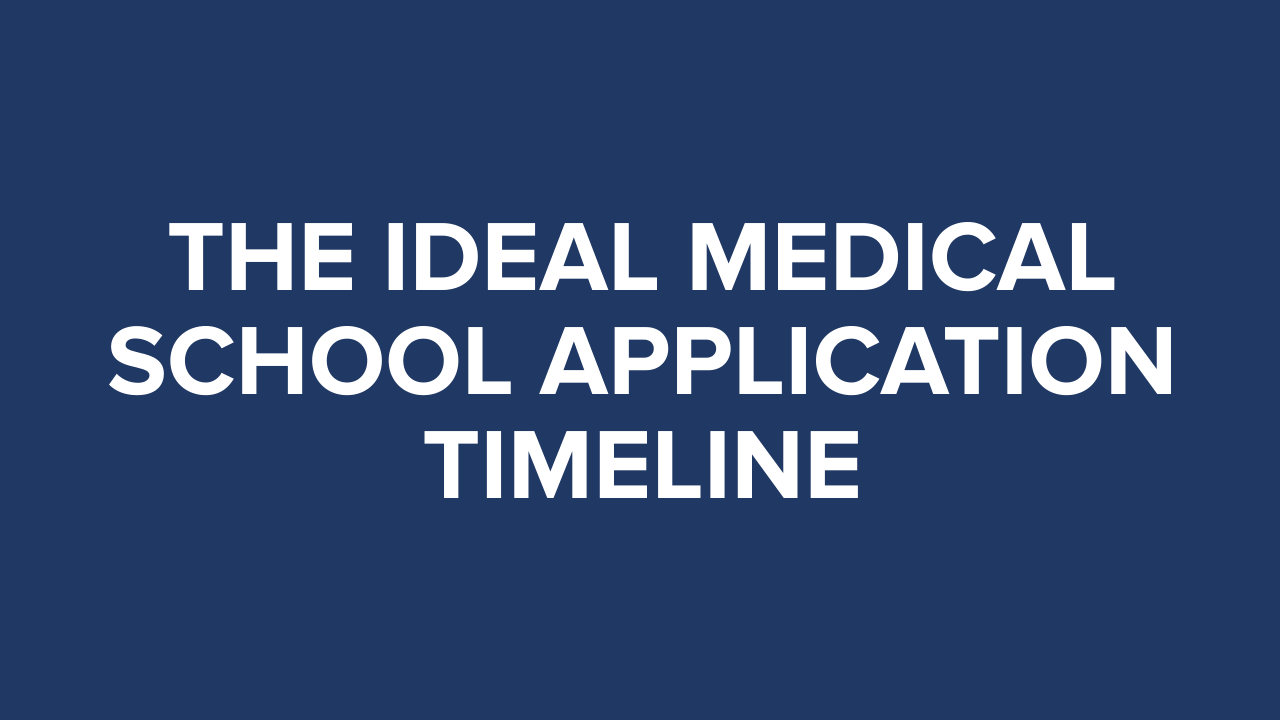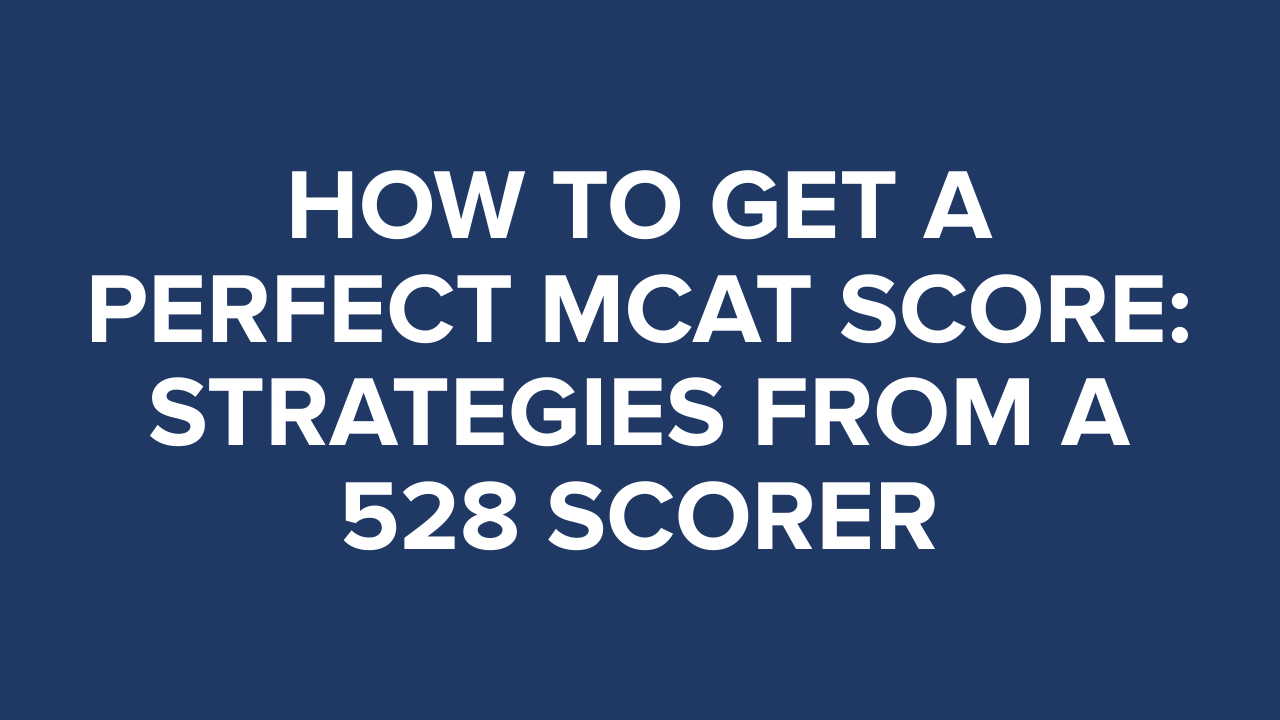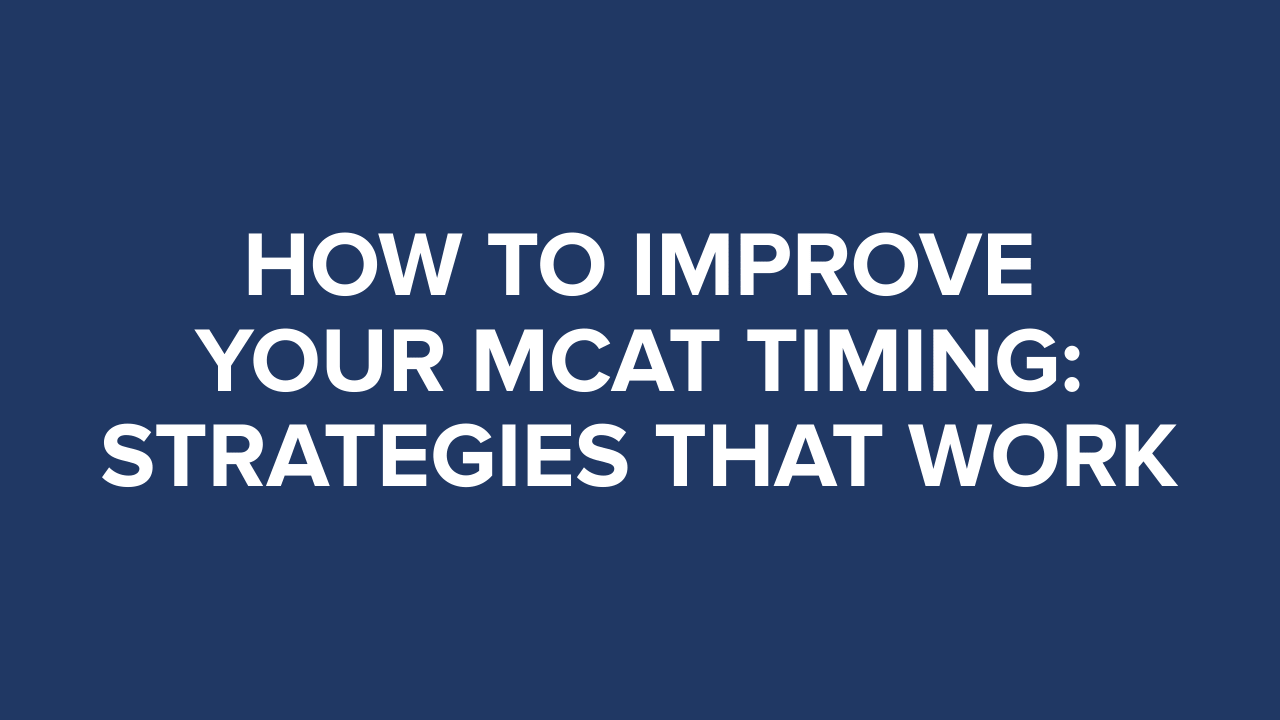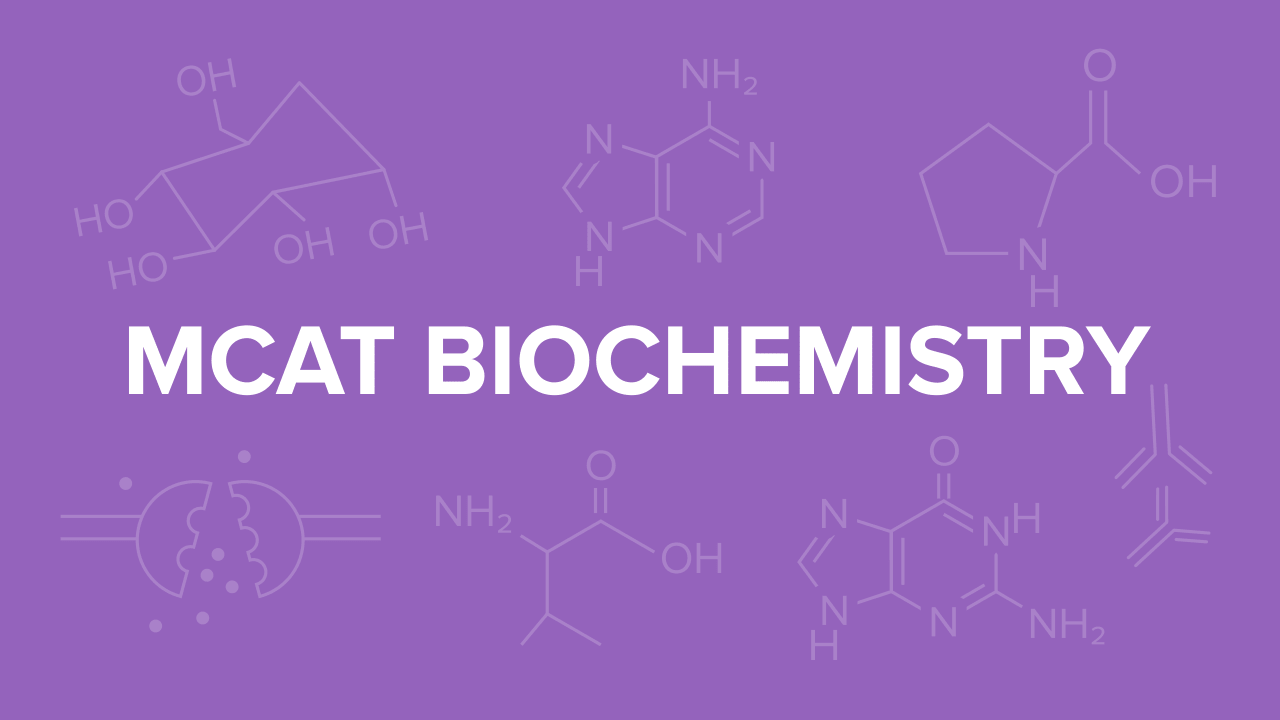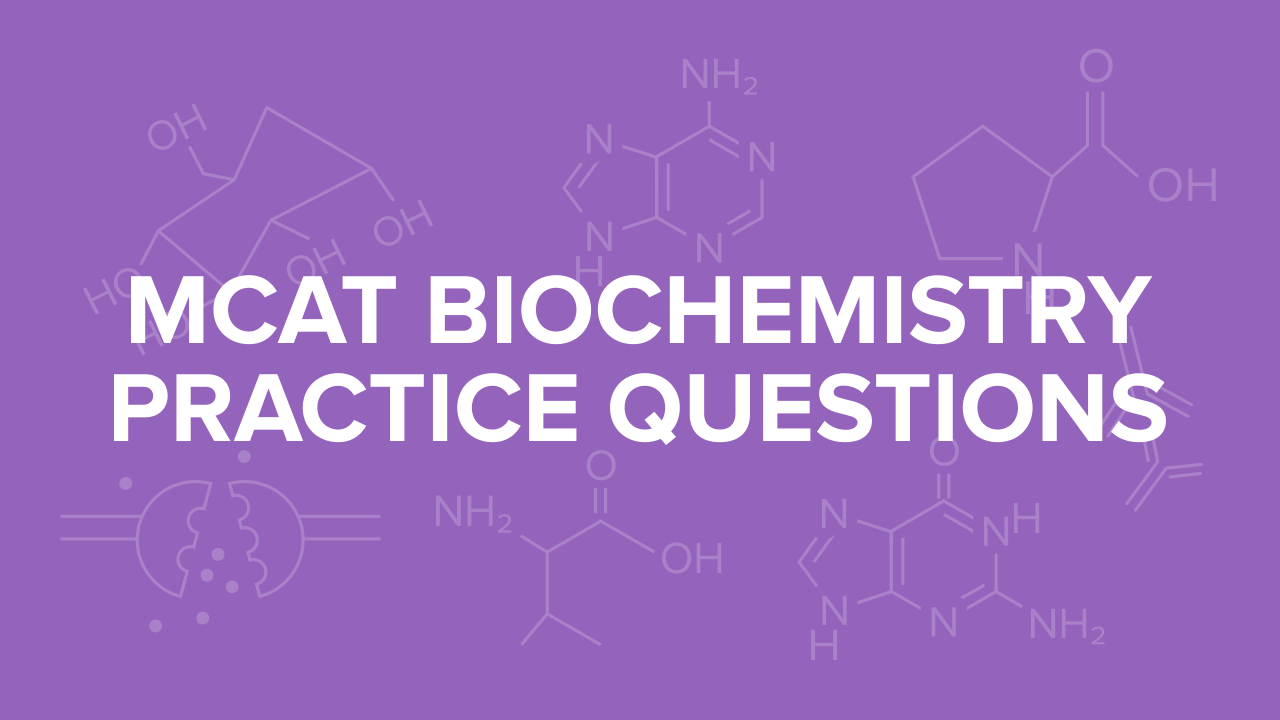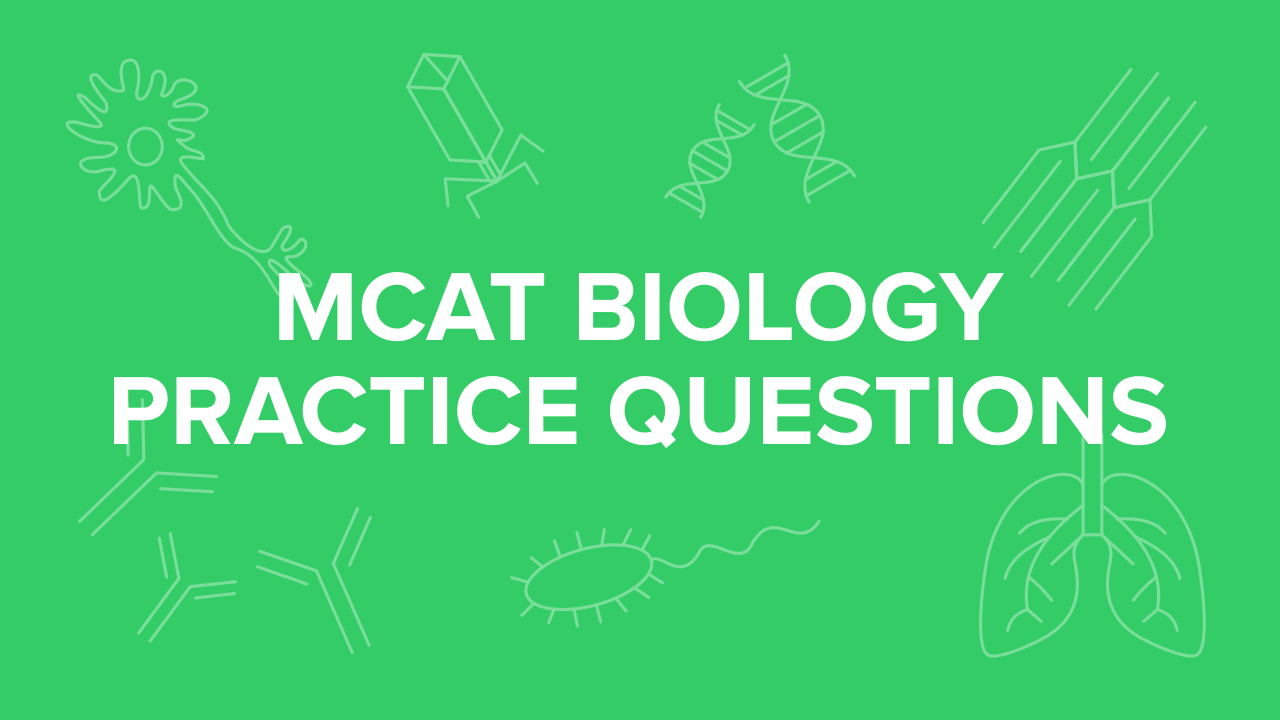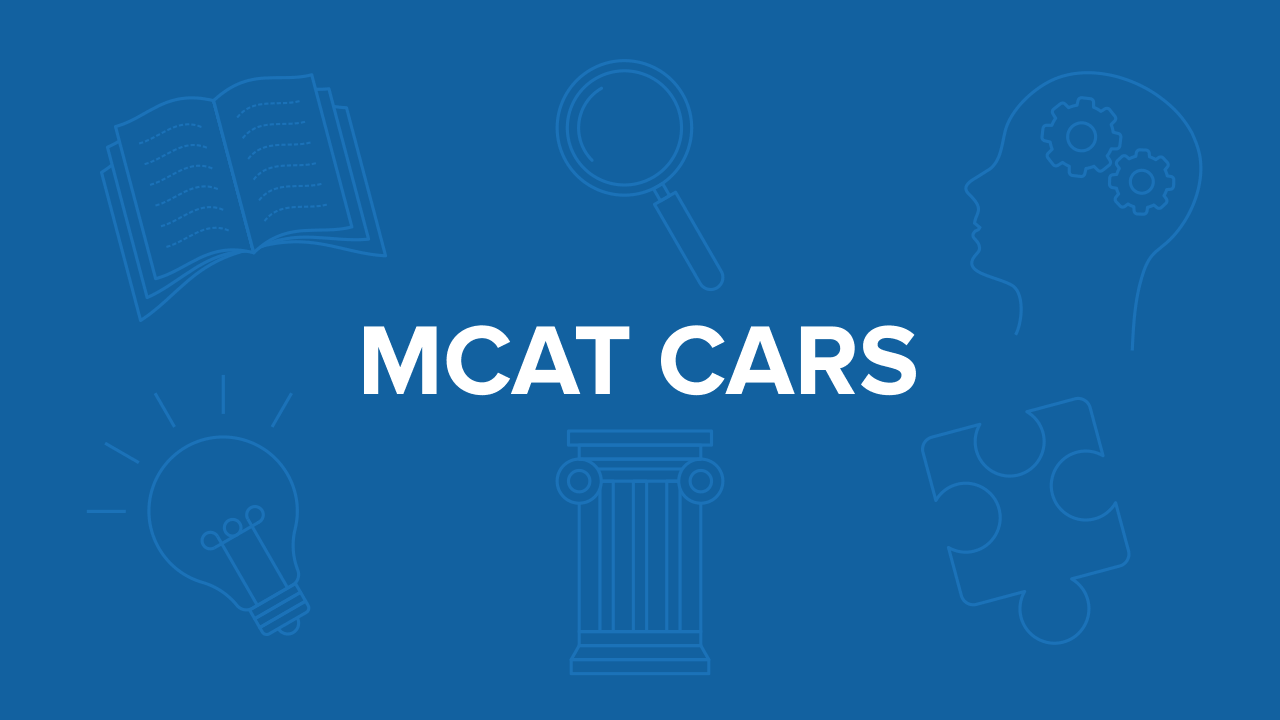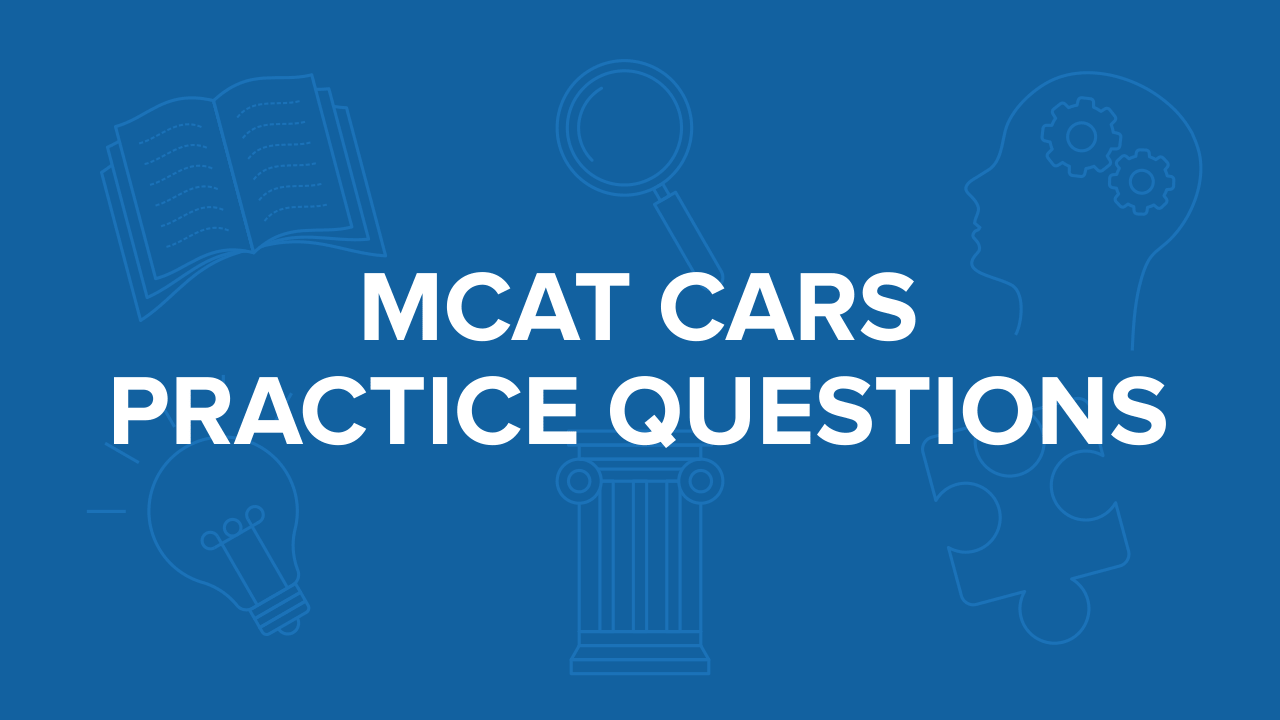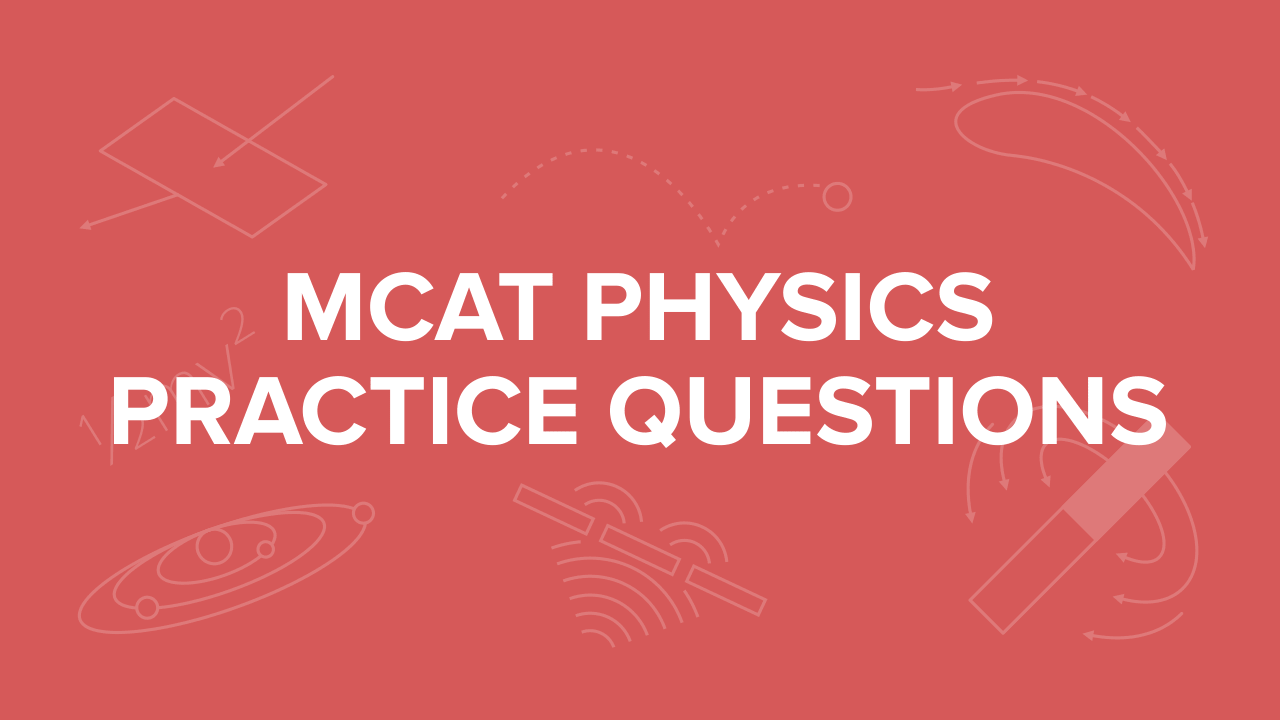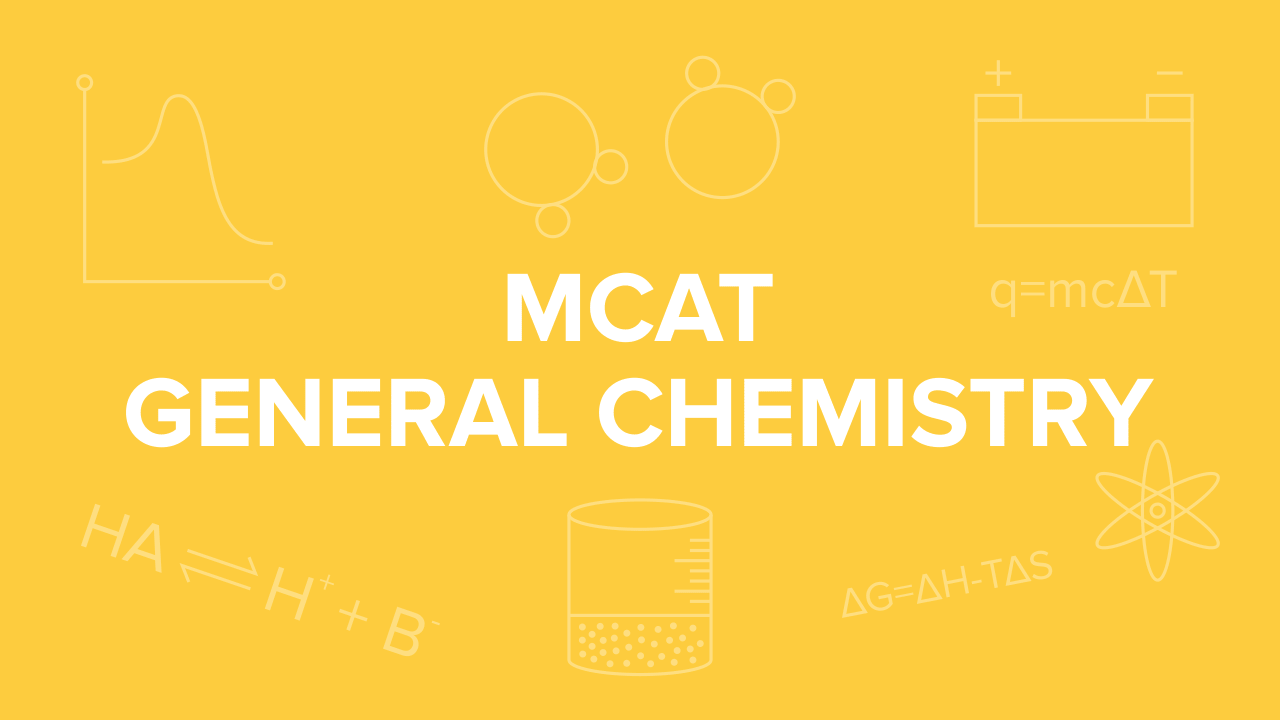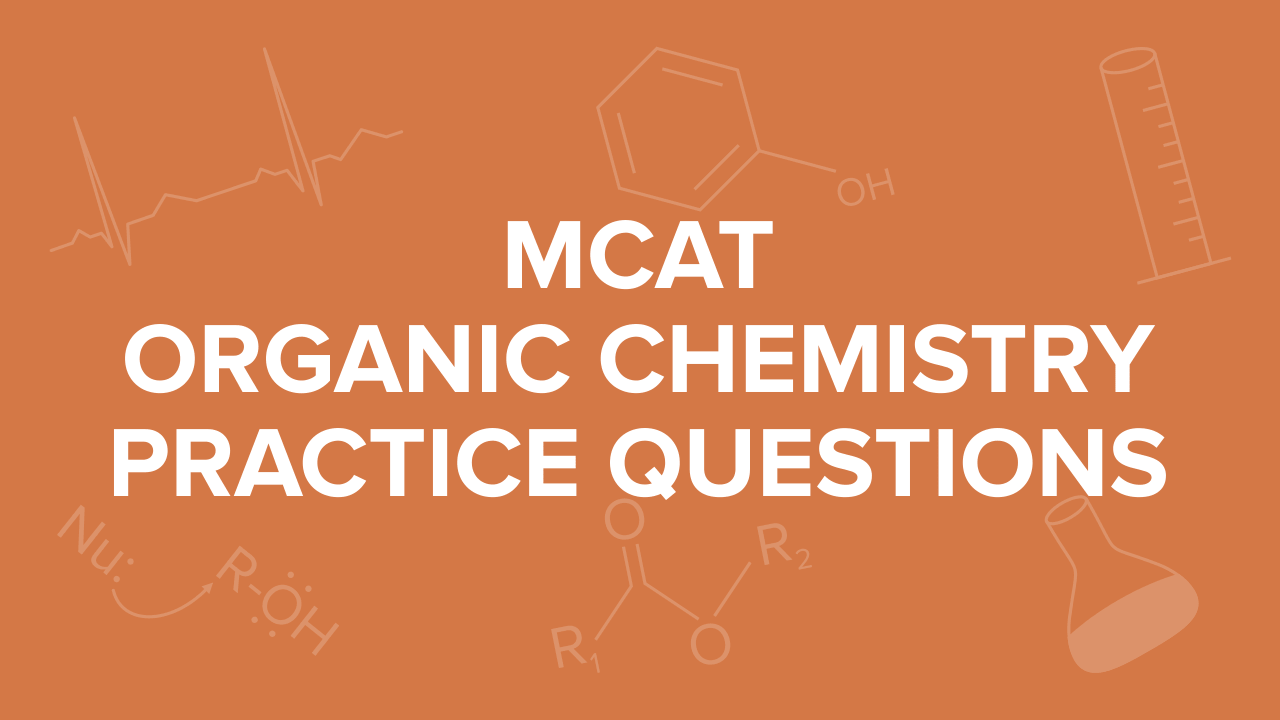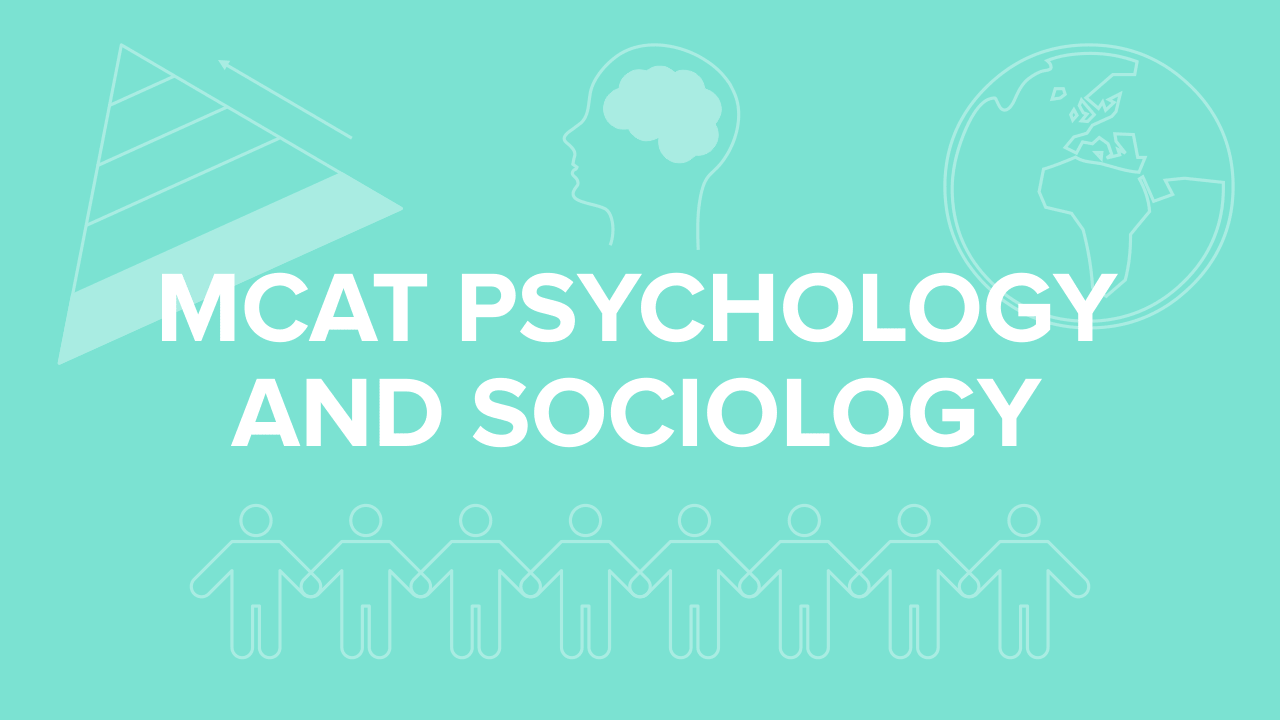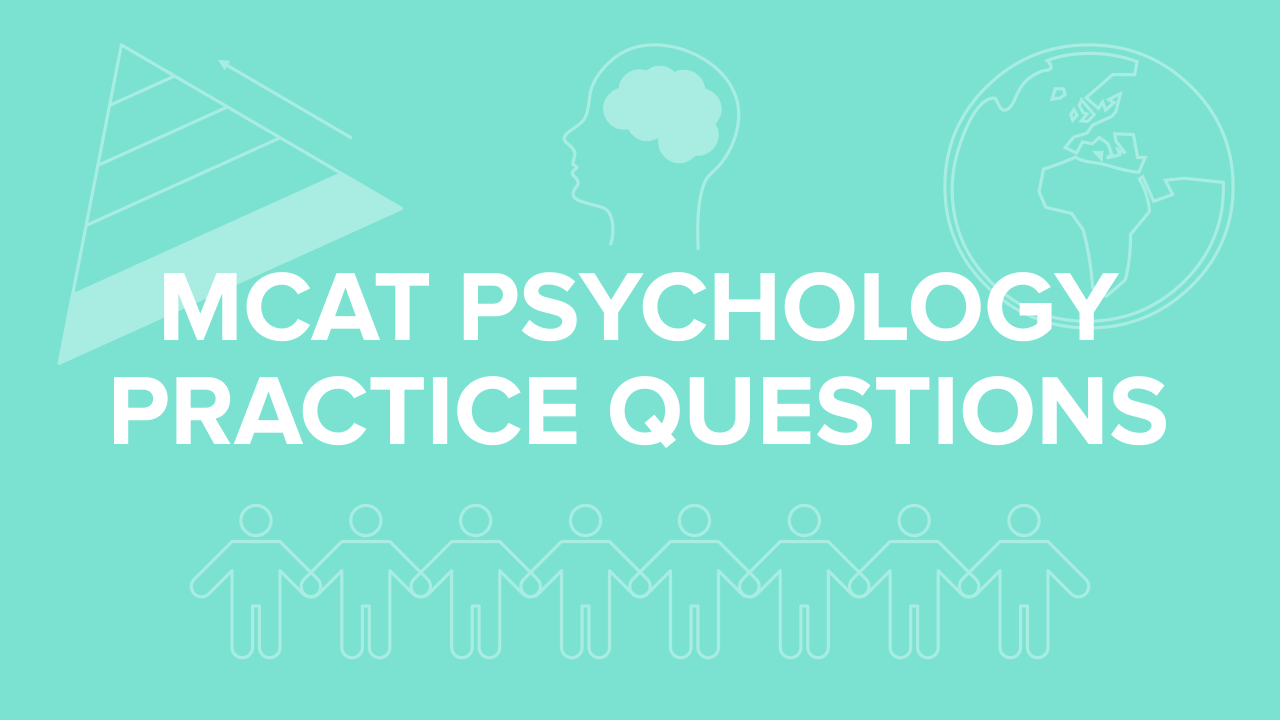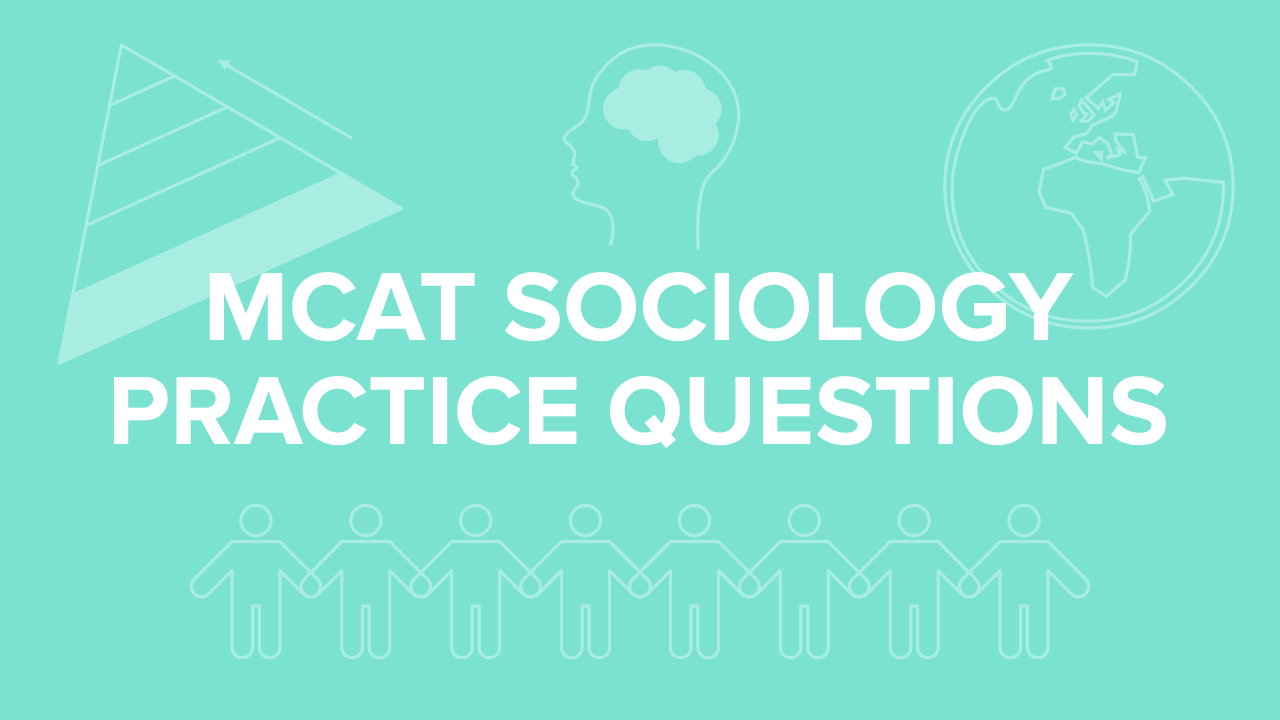MCAT Overview
The Medical College Admission Test (MCAT) is a computer-based standardized exam developed by the Association of American Medical Colleges (AAMC) that is required by most medical schools in the United States, Canada, Caribbean countries, and Australia. It comprises the following four sections:
Chemical and Physical Foundations of Biological Systems (Chem/Phys)
Critical Analysis and Reasoning Skills (CARS)
Biological and Biochemical Foundations of Living Systems (Bio/Biochem)
Psychological, Social, and Biological Foundations of Behavior (Psych/Soc)
Each of the four MCAT sections is scored between 118-132, yielding a total score between 472 and 528. The mean (i.e., 50th percentile) MCAT score tends to fall between 500-502, and the average score among matriculants to allopathic (i.e., MD programs) is typically around 511 or 512.
Collectively, your GPA and MCAT make up your “stats” or “numbers” when applying to med schools, and your stats are evaluated alongside your extracurricular activities, letters of recommendation, and application essays (e.g., personal statement) when making admission decisions.
To better understand MCAT basics, click on the thumbnails below to view an in-depth guide on that topic.
MCAT Scheduling
It’s important to consider when to take your MCAT relative to your desired application cycle, which prerequisite courses you’ve completed, and your academic and extracurricular responsibilities. That way, you can make sure to have sufficient content knowledge and devote enough study time to maximize your MCAT score.
In addition, because medical schools practice “rolling admissions,” it’s best to have your official MCAT score before you apply to medical school. Otherwise, admissions committees might delay their review of your application. Moreover, it will be difficult to finalize your school list and you might experience greater anxiety while working on your application materials.
The guides below were written to help orient you to various aspects of MCAT scheduling so that you can plan your exam date accordingly.
MCAT Prep Resources
When most people think of MCAT resources, they think of books, videos, in-person and digital courses, question banks, and so on. While these tools can be invaluable to your success on the exam, most tools tend to focus on MCAT content but not so much on MCAT strategy.
Plenty of students have more than enough content knowledge yet struggle on the MCAT because they employ the wrong strategies when answering test questions. When they get practice questions wrong, they tend to return to the content material associated with their incorrect responses but fail to understand why they are getting questions wrong in the first place. Unfortunately, they continue to practice with the wrong approaches and fail to reach their true potential on the exam, thereby lowering their odds of getting into medical school.
When we tutor MCAT students 1:1, we spend even more time on test strategy than we do on test content—roughly 30% on content and 70% on strategy. To gain a better grasp on what tools to use, plan out your prep schedule, and develop some preliminary proven strategies for the exam, click on the relevant thumbnails below.
MCAT Content Guides
MCAT strategy is critical, yes, but you also need to bring plenty of content knowledge to the exam. Without knowing certain key concepts, you’ll be left to guess on many questions.
Unfortunately, many prep resources, including some of the most popular ones, tend to go overboard when teaching MCAT content. Specifically, they provide too much information on low-yield topics, not enough information on high-yield topics, or fail to explain topics that are difficult to understand.
Years ago, we decided to publish MCAT study guides to help teach you all of the necessary material covered on the exam without any of the fluff. We designed our easy-to-digest content guides to overlap with the AAMC’s published expectations, so you don’t need to purchase a separate physical book set or flashcards.
Clicking the thumbnails below will take you to various “content units” that contain links to in-depth resources (i.e., chapters) on specific subjects. For instance, clicking on the purple “MCAT Biochemistry” thumbnail will take you to a page that includes links to individual chapters on enzymes, proteins, DNA, carbohydrate metabolism, etc. In addition, we developed practice questions so you can test your content knowledge and identify areas of strength and weakness to tweak your study plan as needed.


